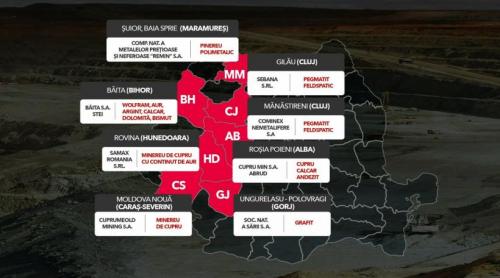
Romanian construction workers build court houses, bridges, supermarkets and holiday homes all over Spain. However, the Spanish Government introduced a two-year moratorium on the free movement of Romanian workers on Spainâs job market. Some 41% of the Romanian workers in Catalonia are still working on the black market.
dispatch from Barcelona, Spain
 |
In Catalonia, Spain, some 41% of the Romanian workers go on the black job market because Spain limits their access on the legal job market |
But this was not to happen: scared by an estimated flood of workers, Spanish authorities ask Romanians willing to engage in lucrative activities to file for a work permit. Many Romanians gave up on turning their lives around, and chose to stay on the black job market. The law is pretty clear: Romanians who travel for tourism or study, or those that held residential status and had work permits for one year or longer, should stay calm.
There are no changes for them.
But those arriving after January 1st have only a right to reside in Spain, not one to work. That is unless they hold a "tarjeta de trabajo", or work visa. The employer should first present his job offer to the Office for foreigners in the province his business resides; then the employees file their applications for resident status and work permit, if they want to work longer than three months.
But prior to all the above, the prospective legally employed worker should get his or her "empadronamiento," or listing in the Spainâs population roster. This, however, requires the applicant to have a permanent address, while rents go from 600 euros upwards in the Barcelona area.
Stoian said she would never hire Spanish workers, for no other reason but the more relaxed work ethics they have.
"To Spanish workers there is no such thing like skipping the lunch break, or putting in 10 hours of work daily." At one point we had some of them stranded on a construction site because the security personnel was unaware they worked overtime, and closed the gates to the site.
She said she paid the workers 7 to 10 euros per hour. The Secretary for Immigration said Romanians filing an application with it are of two kinds: those having their "tarjeta" expired, and those that have no papers and need an entry visa.
"This could be done here too, but the applicant must first get the residency permit, and then wait for six to seven months for the work visa too," said Gassan Saliba, spokesperson for the Secretary for Immigration in Barcelona.
According to the data held by Spanish authorities, some 41% of Romanian workers are employed illegally.
"In two years since being in Barcelona I saw only one of these famous churches - San-I-do-not-know-who. I mounted some doors there," said yet another Romanian worker.
Translated by ANCA PADURARU
Citește pe Antena3.ro

















